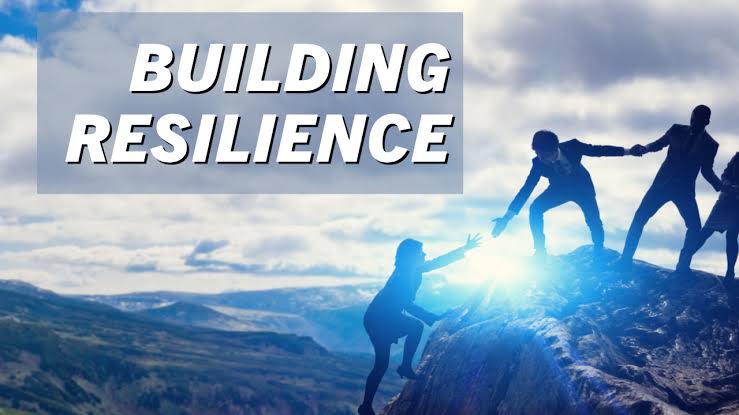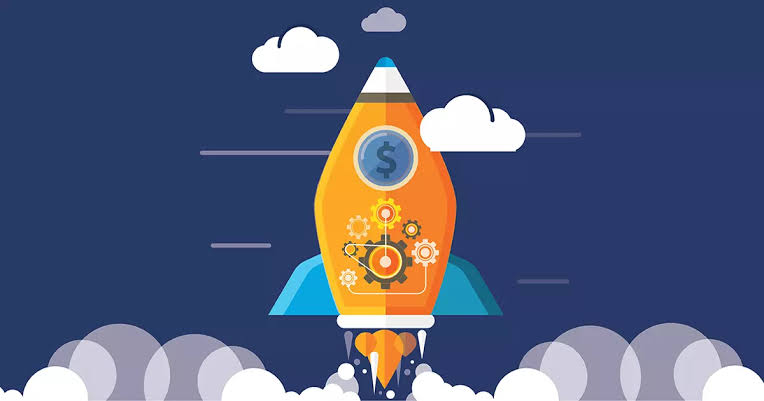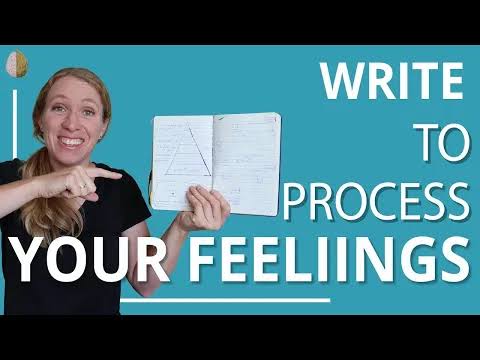Resilience means bouncing back quickly from problems, adjusting to changes, and keeping going despite challenges. In today’s fast-changing world, building resilience is very important. By July 2025, the world faces fast tech changes, uncertain economies, and ongoing effects from the pandemic. Everyone faces failures like losing a job, doing poorly in school, business struggles, or personal setbacks. What makes some people succeed is not the failure itself but their ability to recover with strength and clear goals. Being resilient doesn’t mean ignoring pain or pretending all is well. It means accepting the truth, learning from it, and having the courage to try again.
Understanding the Nature of Failure
The first step in building resilience is understanding that failure is not the opposite of success—it is a part of the journey toward it. Too often, people view setbacks as permanent verdicts on their capabilities rather than temporary obstacles. In 2025, with increased public dialogue around mental health and personal growth, failure is slowly being reframed as an opportunity for learning and self-discovery. When you fail, it doesn’t mean you are incapable; it means you’ve tried something challenging and now have data to grow from. Recognizing this mindset is the foundation of true resilience.
Accept Your Emotions Without Judgement
Resilience does not mean suppressing emotions. On the contrary, a resilient person allows themselves to feel the pain, anger, or sadness that comes with failure without being consumed by it. Emotional honesty is key to healing. Bottling up negative emotions or pretending to be unaffected only leads to delayed breakdowns or unhealthy coping mechanisms. As of now, therapists and mental wellness platforms in 2025 are increasingly advocating mindfulness practices and emotional labeling as ways to process feelings constructively. The goal is not to avoid emotions but to acknowledge them and move forward with clarity.
Cultivate a Growth Mindset
A critical component of resilience is adopting a growth mindset—a belief that your abilities and intelligence can be developed over time. Coined by psychologist Carol Dweck, this concept encourages individuals to view challenges as chances to learn, rather than threats to self-worth. When you approach a setback with a growth mindset, you ask questions like, “What can I learn from this?” or “What would I do differently next time?” instead of focusing on self-blame. In 2025, more educational institutions and corporate training programs are embedding growth mindset principles into their culture, helping people adapt more readily to change and failure.
Build a Strong Support Network
No one overcomes adversity alone. Having a reliable support system of family, friends, mentors, or mental health professionals can make a significant difference in how you bounce back from failure. Talking about your setbacks with someone who listens without judgment can offer new perspectives and emotional relief. Technology in 2025 has made virtual support communities and mental health apps more accessible, allowing people to find help even when physical support is limited. Relationships are a cornerstone of resilience because they remind us that we are not alone in our struggles.
Reframe Setbacks as Temporary
One of the most powerful psychological tools in building resilience is reframing. Instead of seeing a failure as a personal or permanent flaw, look at it as a moment in time—a temporary event that does not define your future. Reframing shifts your internal narrative from one of defeat to one of possibility. For example, losing a job can be reframed as an opportunity to pivot to a more fulfilling career path. Reframing doesn’t deny the hardship, but it gives it a new context that fuels optimism and action.
Set Small, Achievable Goals
After a major setback, it’s easy to feel overwhelmed by the road to recovery. One effective way to regain momentum is by setting small, achievable goals. These mini-goals create a sense of accomplishment and build confidence over time. In 2025, productivity experts are increasingly promoting micro-habits and goal-stacking as ways to rebuild routines and regain focus after disruptions. Whether it’s updating your resume, attending a workshop, or simply getting out of bed on time, each small win builds the foundation for larger success.
Practice Self-Compassion
Being kind to yourself during tough times is not self-indulgence—it’s a necessity for resilience. People often criticize themselves harshly after a failure, but this only compounds the damage. Self-compassion means treating yourself with the same understanding and patience you would offer a close friend. It involves recognizing your shared humanity—that everyone struggles—and understanding that imperfection is part of the human experience. As of mid-2025, self-compassion is widely discussed in mental health circles as a crucial practice for long-term emotional well-being.
Stay Flexible and Adaptable
Flexibility is a hallmark of resilient individuals. Life rarely unfolds exactly as planned, and rigid thinking can make setbacks more painful. The ability to adapt to changing circumstances—whether it’s a career pivot, a business overhaul, or a lifestyle shift—allows you to stay proactive rather than reactive. Technological disruption, for instance, has caused many professionals to rethink their roles. Those who embraced reskilling and digital literacy have managed to transition more smoothly. Adaptability ensures that you stay relevant and capable even when your original plans fall apart.
Take Care of Your Physical Well-being
Physical health and resilience are deeply connected. Exercise, proper sleep, and nutrition all affect your energy levels, mental clarity, and emotional regulation. When you’re physically depleted, it becomes harder to manage stress or recover from emotional setbacks. In 2025, wearable fitness devices, sleep trackers, and personalized nutrition plans are making it easier to maintain good health habits. Taking care of your body is not just about appearance—it’s a foundational element of bouncing back stronger.
Conclusion
Building resilience is not a one-time achievement but a lifelong practice. It involves cultivating emotional strength, mental flexibility, supportive relationships, and a hopeful outlook. As challenges continue to evolve in an ever-changing world, the ability to bounce back from failure is not only a personal advantage but also a professional necessity. Rather than fearing setbacks, resilient people face them with courage, learn from them, and come out wiser and stronger. In the end, it’s not about never falling—it’s about always rising.



